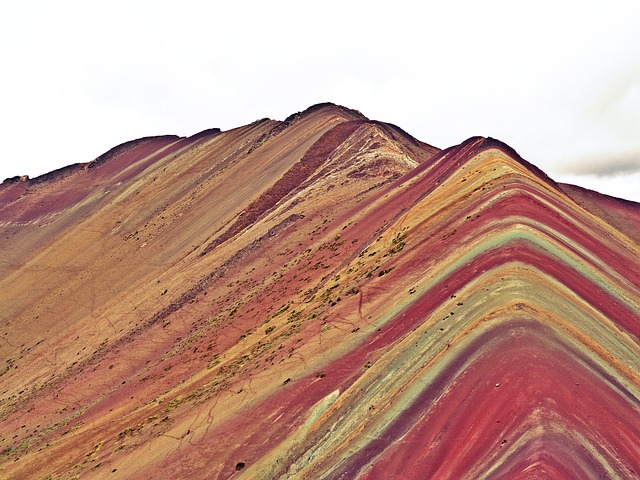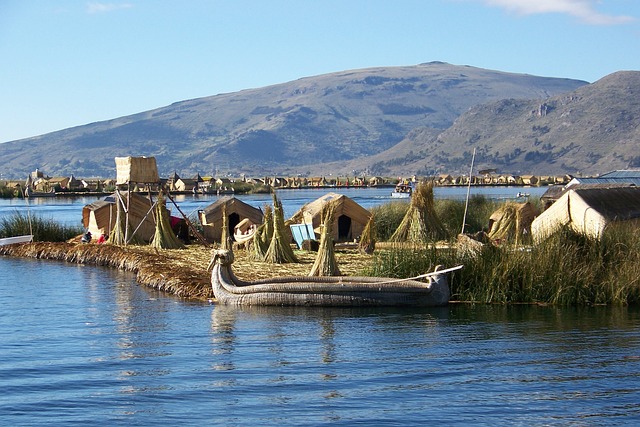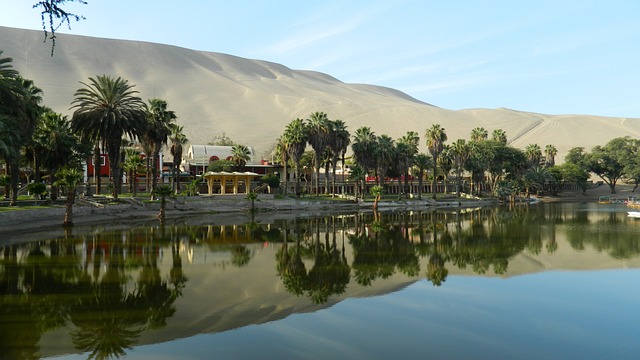As in many other parts of the world, the history of Peru’s territory began more than 10,000 years ago. The Norte Chico civilization was among its first settlers until the Inca empire unified the territory between the fifteenth and sixteenth centuries. Like many Latin American cultures, the Inca empire fell, giving way to the viceroyalty, until the wars of independence in the seventeenth century.
The Viceroyalty of Peru occupied a large part of South America, and its capital was Lima, the current capital of Peru. It’s for this reason that the territory is full of culture and history. In many parts of the country, people live as they did five hundred years ago, sometimes with a mix of modern, colonial, and Inca architecture. Every inch of the territory represents an incredible reason to make Peru the ideal cultural vacation.
1. Cusco and the Sacred Valley
On the banks of the Urubamba River is the Sacred Valley of the Incas, so called because it was the main food supplier of the Inca empire. Although this civilization spread throughout Peru and other parts of South America, it’s in this area where there were more settlements. Here is where Cusco, one of the most important cities in Peru today, and Machu Picchu, the archaeological site of the Inca capital, are located.
Consider staying in the best hotels in Cusco, Peru to visit the city and its surroundings. However, Machu Picchu can be reached by very inexpensive train rides, traveling through some of the villages in the Sacred Valley.
Among the most important sites of interest in the Sacred Valley are the terraces of Moray, the artisans in Chinchero, and the incredible walls of Ollantaytambo. There are many options for hiking in this valley, mainly known as the Inca Trail, starting in Cusco or any other town, and ending in Machu Picchu.
2. Rainbow on the Mountains
If you stay at one of the best hotels in Cusco, Peru, you can also take the opportunity to visit Vinicunca. Two hours from the city, through the town of Pitumarca, you walk 5 kilometers (3.1 miles) and arrive at an unexpected view.
Vinicunca is also called Seven Color Mountain or Rainbow Mountain. The layers of minerals that compose it, make you see a variety of colors that look like fantasy on a mountain. Its coloring is due to the composition of minerals: calcium carbonate for the white; clay for the pink; iron and colored clay for the reds; magnesium for the green and brown; and sulfide minerals for the yellow.
3. Lake Titicaca
Legend has it that the first Inca emperor came down from the sun on a puma-shaped gray rock at this site. Lake Titicaca was formed three million years ago and is the highest navigable lake in the world.
In addition to its millennia of history, one of the most impressive attractions of this lake are the more than 80 man-made islands. They are home of the Uros, an ancient civilization that has lived on this lake since before the Incas. These islands can move around the lake and are made by weaving totora reed that is replaced when it rots.
Until the 1980s you could not visit the islands, but today you can see how the natives live almost as they did five hundred years ago. There is little electricity on the islands and sugar is not allowed because of the limited access to dentistry.
4. Gate of the Gods
Around 35 kilometers (21.7 miles) from the city of Puno, in a cold desert of dark brown stones, is a square-shaped relief of more than 7 meters (23 feet) tall. This structure has become a great attraction for those seeking to learn about Peru’s culture and its mysteries. Many believe that in Peru there are important energetic points, and this archaeological site is one of them.
It's officially called Aramu Muru, but it is also known as the Gate of the Gods. Legend has it that it allowed priests to transport themselves to other places in the Inca empire, or even the world. Inside the relief is sunken a smaller rectangle where a person fits, making it look like a door.
5. Oasis City
Lake Huacachina is an oasis of sulfurous waters 5 kilometers (3.1 miles) from the city of Ica, also rich in history and culture. It’s located in the middle of the desert and was formed by groundwater that rose to the surface. This caused vegetation to grow around the lake, including palm and eucalyptus trees, and even a small city around it, full of houses and hotels.
Among the main activities, riding buggies through the dunes has become very popular. Also, sandboarding for the more adventurous and lake rides for those who prefer to relax. Hiking in the dunes is recommended at sunset, where you can appreciate a full view of the oasis.
FOLLOW MY ADVENTURES ON YOUTUBE @PinoyAdventurista
Thank You For Sharing! |








0 comments :
Post a Comment
Looking for Budget Travel Guide Blogs, Hotel Reviews, and Sample DIY Itineraries?
Welcome to Pinoy Adventurista, "Your Next Ultimate Adventure Starts Here!"
Pinoy Adventurista is one of the Top Travel Blogs in the Philippines and the World. In 2013, he visited all the 81 provinces in the Philippines.